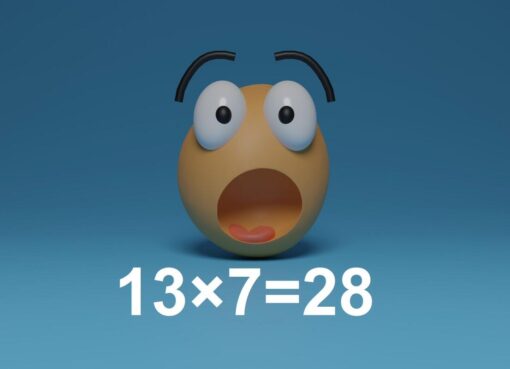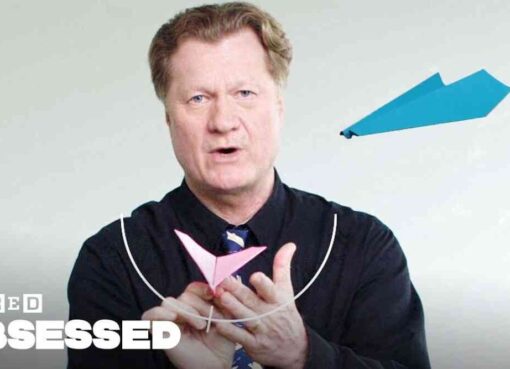I used to answer a lot of riddles as a child. As we played the game of songs, we also played with riddles. But since answering the riddle is a matter of intelligence, everyone there was eager to try hard.
I am presenting the following riddle to you from my childhood. When I first heard this riddle, I was in high school. I had interest in solving the riddle mathematically, and when I was able to solve it, what a great pleasure it was!
Let’s read the riddle first.
Rahim and Nazmul are two friends. In the classroom, Rahim sits on the first bench and Nazmul sits on the second bench.
If Nazmul leaves the second bench and sits on the first bench with Rahim, then the number of people on both benches is equal.
Without doing so, if Rahim leaves the first bench and sits on the second bench with Nazmul, then the people of the second bench become twice the people of the first bench.
You have to say which bench has how many people.
Seems difficult or easy? Keep thinking without seeing the solution.
If I had an hour to solve a problem I’d spend 55 minutes thinking about the problem and 5 minutes thinking about solutions.
Albert Einstein
Got the answer? See the solution below.
See solution
Suppose the number of people of the first bench is “x” and the number of people of the second bench is “y”.
According to the question, when Nazmul leaves the second bench and sits on the first bench with Rahim, then the number of people on both benches is equal.
Therefore, y-1 = x+1
or, y-1-1 = x
or, y-2 = x ———- (i)
Again, when Rahim leaves the first bench and sits on the second bench with Nazmul, then the people of the second bench become twice the people of the first bench.
Therefore, 2(x-1) = y+1
or, 2x-2 = y+1
or, 2x = y+1+2
or, 2x = y+3
or, x = (y+3)⁄2
We put this value of x in the equation (i),
y-2 = (y+3)⁄2
or, 2(y-2) = y+3
or, 2y-4 = y+3
or, 2y-y = 3+4
or, y = 7
We put this value of y in the equation (i),
7-2 = x
or, x = 5
That means there were 5 people on the first bench and 7 people on the second bench.
That is why if one person left the second bench, there would be 6 people on the first bench and there would be 6 people left on the second bench. Equal population.
If one person left the first bench, there would be 8 people on the second bench, which is twice of the remaining 4 people on the first bench.







